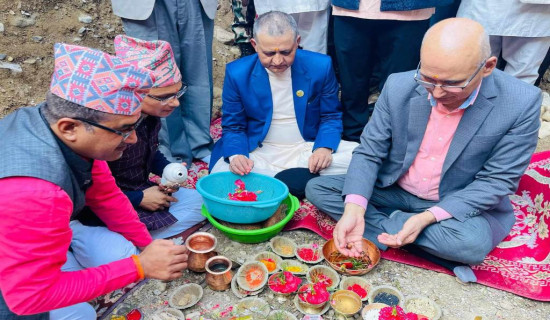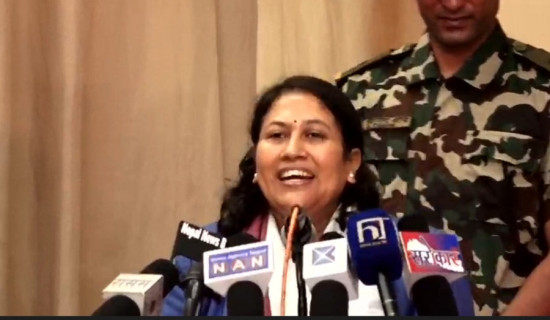- Sunday, 1 September 2024
Power Of Transformation
In the present era of the interconnected world, humanity is confronted with overwhelming problems. The widespread occurrence of environmental degradation, climate change, hunger, violence, and the looming threat of infectious diseases calls for a comprehensive global response. These challenges highlight a glaring need to deal with multiple dimensions all at once to overcome them. Addressing these global issues on a planetary scale is absolutely necessary for the fight against these problems and for a better world environment that has more chances for fairness. Additionally, intensifying rivalries among the world powers add to these issues, calling for a transition to a new system.
A move reflecting this transformation is the recent convening of the 16th edition of the World Social Forum (WSF) in Kathmandu. This coalescence, around the slogan "Another World is Possible," constitutes a crisis era for social movements. The WSF demonstrated how the event reflected the rich mix of sectors and the amazing unity exemplified by the 50,000 visitors from 98 countries and six continents. The event consolidated the young generation's global-oriented position with regard to dialogue and activism. The WSF showcased the growing power of grassroots movements and the shared desire for a more just and inclusive world. The participants were from different backgrounds, but each shared a determination towards progress in equity and equality.
At the same time, South Asia enjoys an optimistic context, but this optimistic environment is accompanied by civil liberties’ challenges. WSF works as a very rare space for dialogue with the aim of gratifying all who take part, such as workers, farmers, civil society members, and marginalised communities. It provides an impetus for change through disruption and innovation as it aims to tackle global problems like climate change, peace, migration, and social justice. Although the worldwide effect of the WSF is not as important as in the early 2000s, its role is still very significant, especially in the regions where it is held. International cooperation steadily gains importance in light of geopolitical, economic, and social developments.
Despite some progress on democratic freedoms in Nepal, Sri Lanka, and Bhutan, they still confront formidable problems. The structural changes and Nepal's transition from monarchy to federal republic are proof of the ever-present task of defeating autocracy. Nevertheless, these are embedded in patriarchal and feudal attitudes that not only hamper progress but gender equality as well. Nepal recognises gender diversity, but the quest for equality remains difficult because of the impacts of climate-related disasters and economic hardships. As civil liberties are undermined across South Asia, governments are using repressive action to eliminate dissent, thus creating an unchecked culture of human rights violations.
The WSF remains important as a platform for dialogue and collective action, but the wise thing will be to translate the rhetoric into action. Civil rights are the pillars of democracy and the basis for freedom. Hence, these rights should be vindicated. Hence, the WSF stands as the manifestation of the power of transformation that brings diverse communities together and creates a world that is more equitable and just. But the realisation of this blueprint is built on unbending persistence and solidarity.











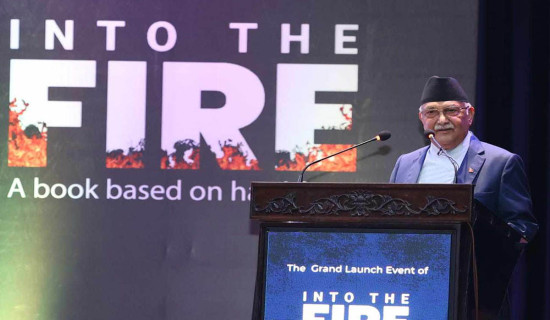
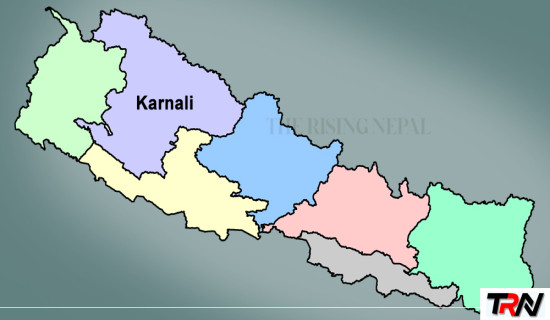
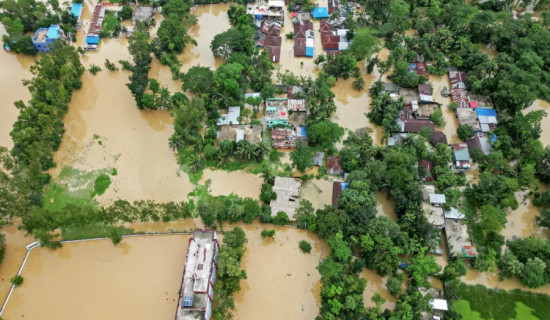
-(1)-original-thumb.jpg)
